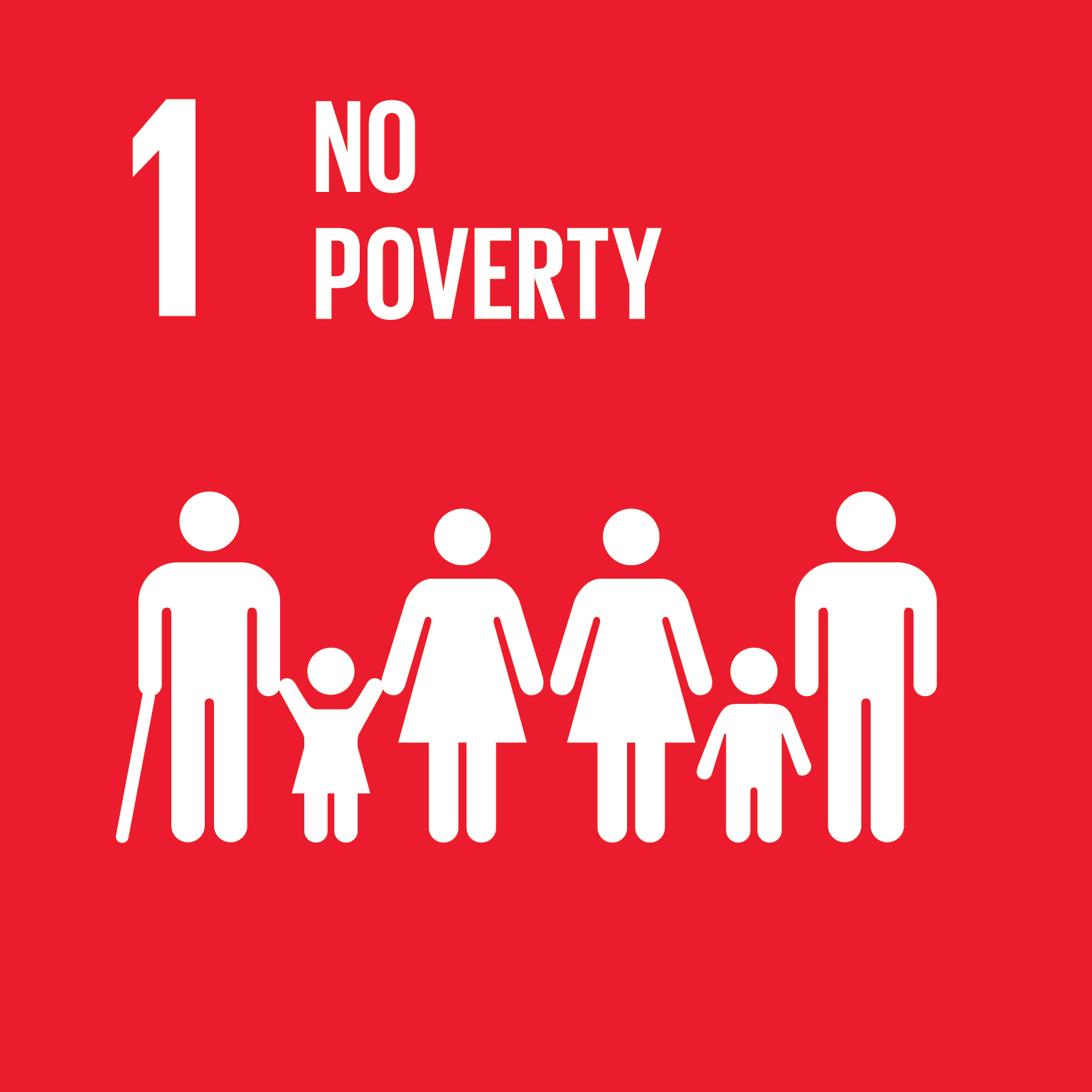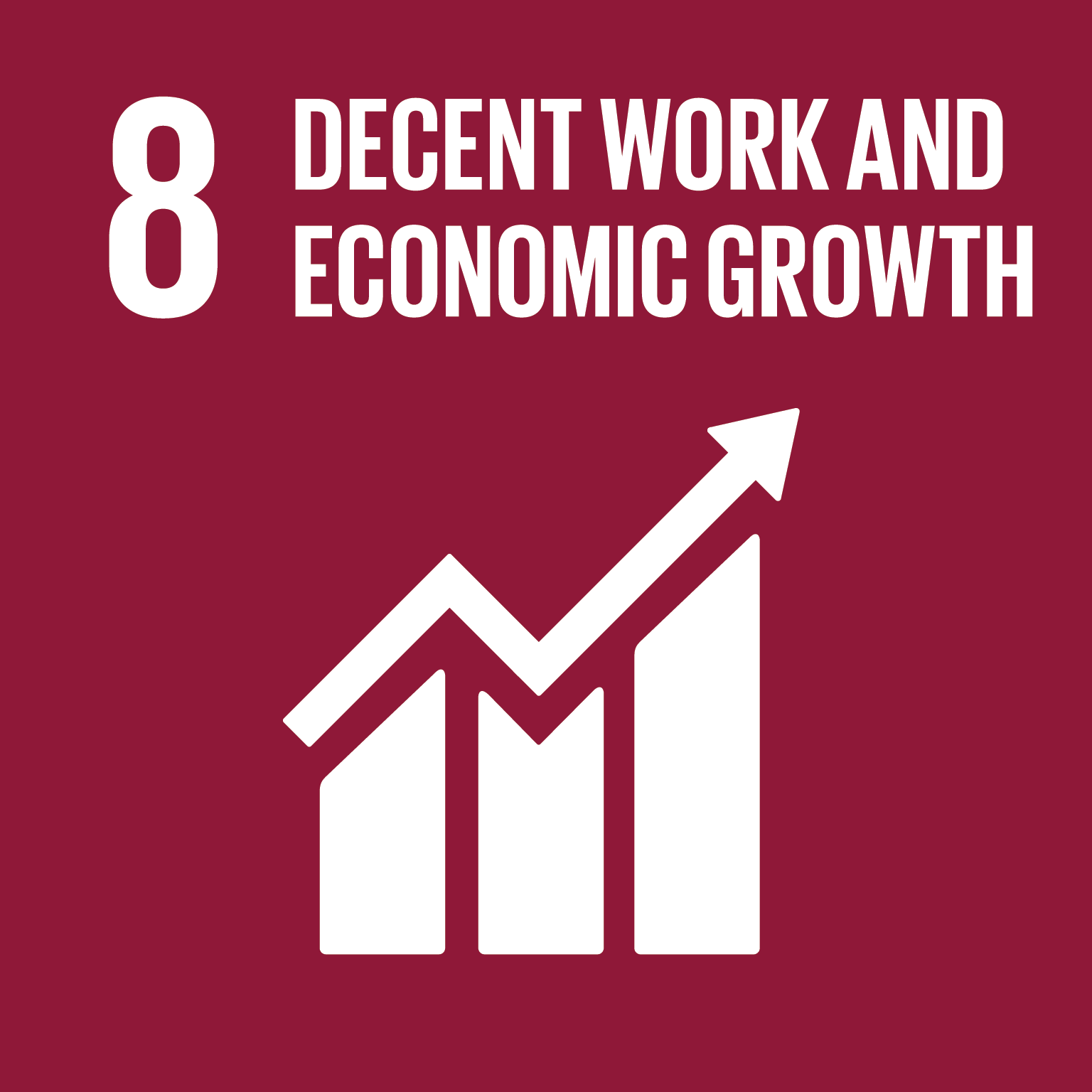AGROB Platform
African-first integrated agribusiness platform
Challenges
One of the challenges regarding agriculture in Africa is that there is no adequate funding for medium and small-scale farmers. Despite the fact that there are some success cases, most African farmers have not benefited from initiatives and programmes that use improved agricultural techniques or better agricultural activities, seeds, fertilizers, post-harvest technology and rural finance, among other examples. There is a need to re-emphasize strategies and policies aimed at the structural transformation of agriculture and reduce the vulnerability of smallholder African farmers and millions of consumers to prices and climate challenges.
Towards a Solution
BrazAfric, a Brazilian company operating in East Africa, works in the agriculture and rural development sector through the provision of goods and services for local producers. The idea of the AGROB platform – an “African-first’ integrated agribusiness platform – revolves around a mechanism of knowledge multiplication for technology, innovations, solutions and products in the agricultural field. It also serves as a consulting platform for many types of issues, including harvesting, processing and commercialization of commodities and food products. It aims to be the one-stop partner of the agribusiness environment on an international scale, providing an efficient interface between investors/resources and execution/action.
Through the provision of an integrated service platform, the AGROB platform can address challenges of any scale, complexity and proximity to end-users, training farmers as well as providing sound and efficient solutions from all corners of the world. The solutions designed for the AGROB platform have been tested in Brazil and elsewhere in the world and adapted to the African reality, bringing Southern-based solutions to a diverse but converging range of challenges. Its main outcome is to shorten the time that Africa takes to tackle its self-sufficiency in agricultural production and food security, introducing, at a fast pace, new solutions to local realities.
Although the platform was launched in 2019, the initiative has already catalysed many rural projects, incentivizing good practices that can be shared with other stakeholders in the agricultural field. The methodology of the project has been shown to be successful when tested in Brazil. In this way, BrazAfric is transferring Brazilian practical solutions in agribusiness and rural development to the African context, seeking to achieve the same positive results. Core areas in the exchange of experiences are soil health, carbon capture, human innovation and ecological economies alongside efficient mechanization and regenerative practices, all of which have been worked on and mastered by Brazilian cultivators and which may be useful for agribusinesses and smallholder farmers in West, Central and East Africa, all of which share common natural conditions with the South American country.
In terms of sustainability, BrazAfric works alongside governments and civil-society actors to promote excellence in agribusiness on the African continent. Following corporate principles such as creating shareholder value, customer focus, team spirit, leadership and integrity, the company shows a commitment to transparency and good practices, addressing not only farmers’ concerns with green economy and agroecology but also social problems as a whole. This allows for a holistic view of South-South cooperation within the scope of the actions of the company, increasing and improving the component of communication among developing countries and catalysing, in Brazil and in African countries, the creation of knowledge and scientific research in the field.
Contact Information
Mr. Marcos R. G. Brandalise, Group CEO, BrazAfric Group of Companies
Countries involved
Regional
Nominated By
Brazil Africa Institute (IBRAF)
Supported By
BrazAfric
Implementing Entities
BrazAfric
Project Status
Ongoing
Project Period
2019
Sectors
Agriculture, Food and Rural Development
URL of the practice
https://brazafricenterprises.com/agrob/Primary SDG
02 - Zero Hunger
Secondary SDGs
01 - No Poverty, 08 - Decent Work and Economic Growth, 12 - Responsible Consumption and Production
Similar Solutions









